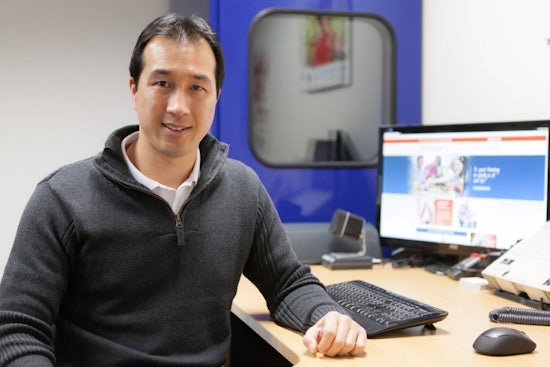Aged care should consider ‘hearing loss’ a priority
Some aged care providers are often too ‘run off their feet’ with other care concerns to consider the hearing issues of its residents as a priority.

More needs to be done to address the level of “unmanaged” hearing loss in residential aged care, says Victorian based audiologist, Michael Wong.
Victorian based audiologist, Michael Wong, tells DPS News more needs to be done to address the level of “unmanaged” hearing loss in the community, particularly in residential aged care.
“There are many people in our aged care facilities who have not been diagnosed, and sometimes their hearing loss is confused with dementia,” Mr Wong says.
According to Mr Wong, director of Alpha Hearing, when it reaches the point where residents find it difficult to communicate with staff, the emotions of depression and social disconnection have already set in.
“The issue is that when a person goes into care, the environment is much more social, compared to living at home alone,” he says.
“Quite often there’s no need to rely on hearing when they’re in their own homes, but when thrust into residential aged care, with dining interactions and activities, there’s a greater reliance on the sense of hearing.”
While Mr Wong understands the pressure and heavy workload placed on aged care providers, he claims early intervention must be priority for staff.
In particular, Mr Wong, who has trained aged care staff on hearing device management, remains surprised by “how little” is known about changing hearing aid batteries.
He claims providers can easily implement good relationships with hearing care providers and introduce a simple program whereby every resident undergoes baseline hearing testing which can be transferred to the residents’ file.
Given an ageing population, the statistics, which reveal the rise of hearing loss in older Australians, does not surprise Mr Wong, who claims the prevalence of hearing loss rises from 1% for people aged younger than 15 years to three in every four people aged over 70 years.
“If we lose our wallet, we turn over heaven and earth to find it. If we lose our hearing, we just decide to live with it and put it down to ageing, which shouldn’t be the case,” Mr Wong says.
“Hearing is there to be enjoyed, not endured. It’s a precious gift that most of us are born with. Throughout our lives, there are many ways we can lose our hearing, but ‘wear and tear’ of the hearing system through ageing is by far the most common.”
Hearing Awareness Week, celebrated next week, aims to highlight the issues faced by people with hearing loss as the organisers, the Deafness Forum of Australia, continue to campaign for greater recognition of the issue. Find out more about Hearing Awareness Week 2014.











![The new Aged Care Act exposure draft is slated for release in December of 2023, but advocates hope to see it rolled out on January 1, 2024. [Source: Shutterstock]](https://agedcareguide-assets.imgix.net/news/articles/wp/agedcareact__0811.jpg?fm=pjpg&w=520&format=auto&q=65)












Comments